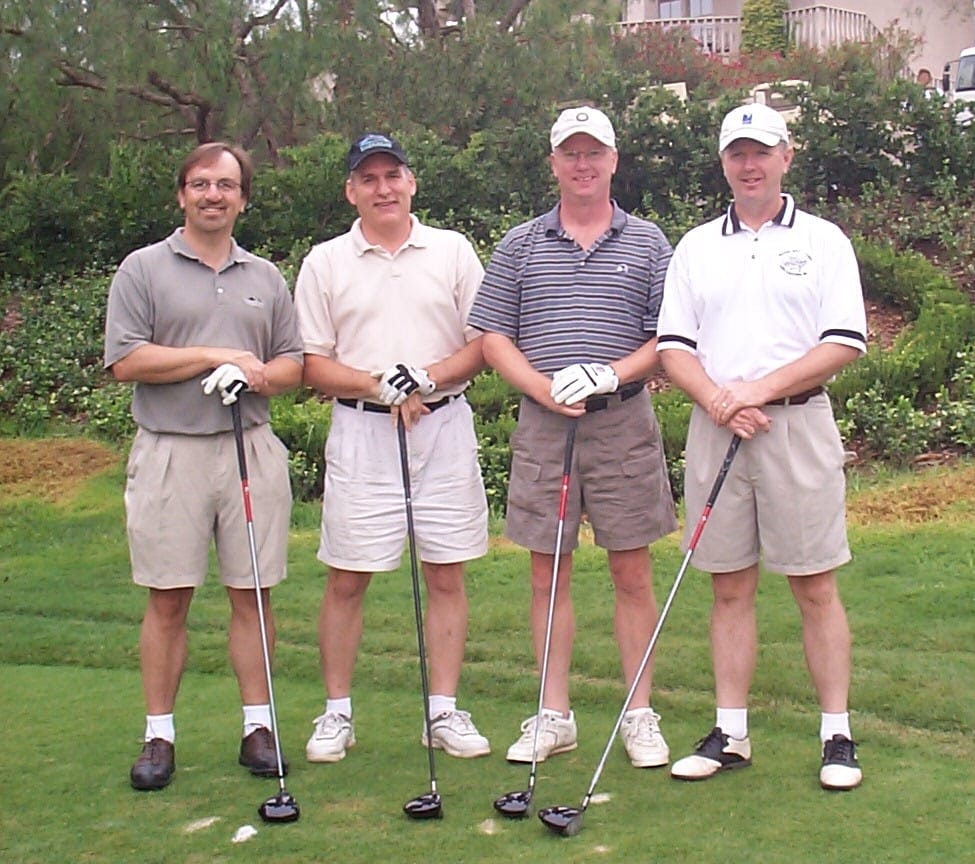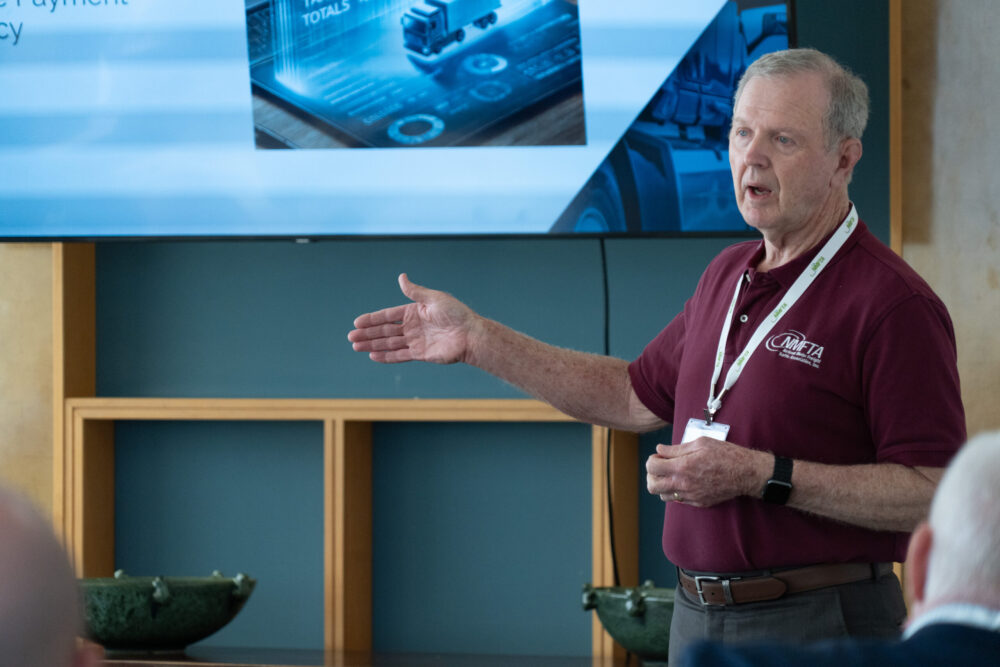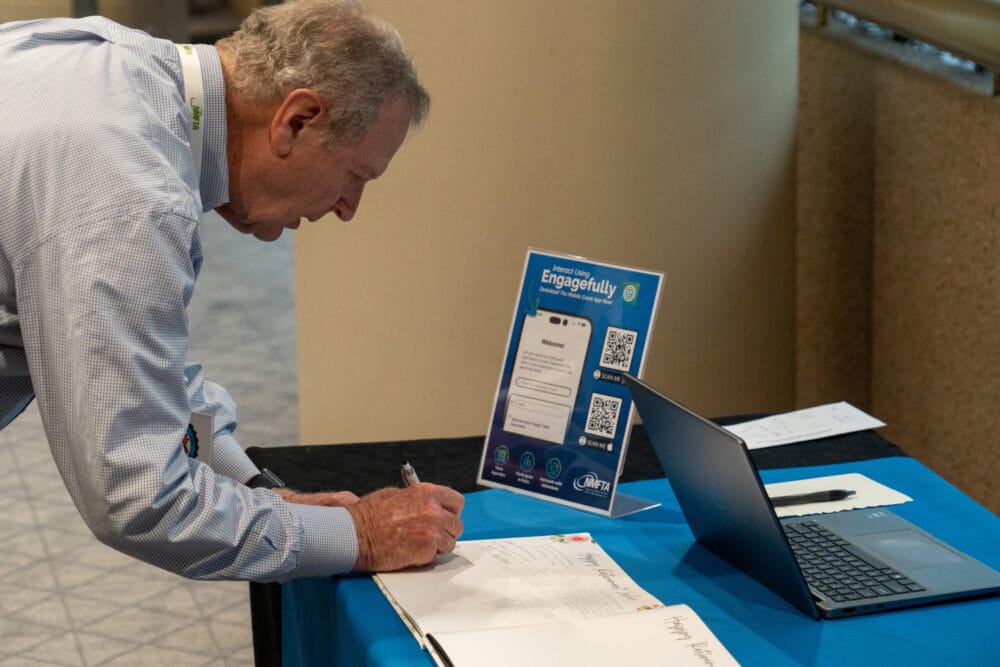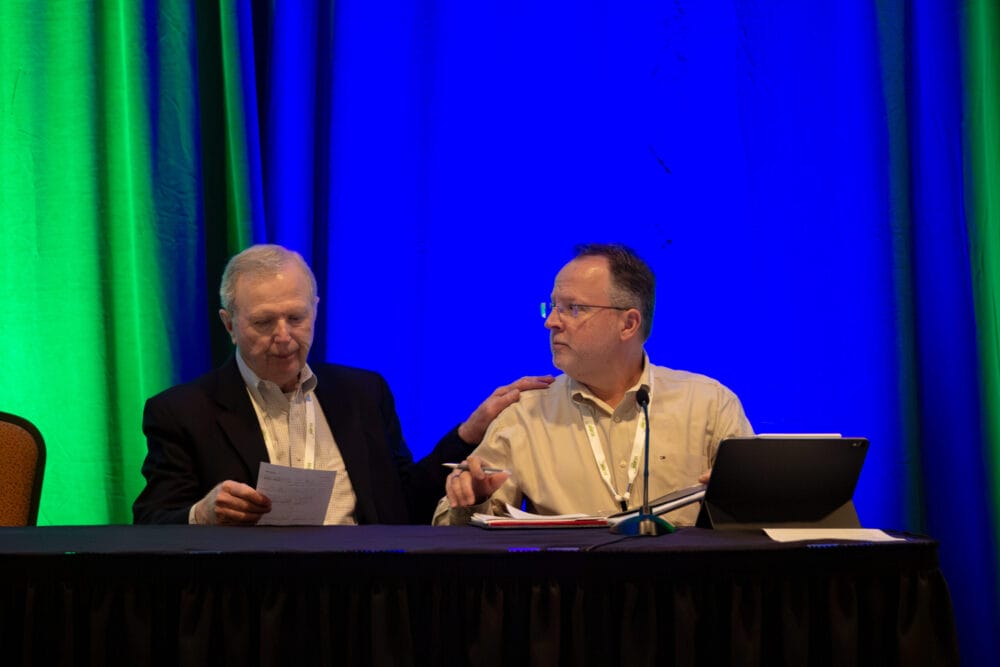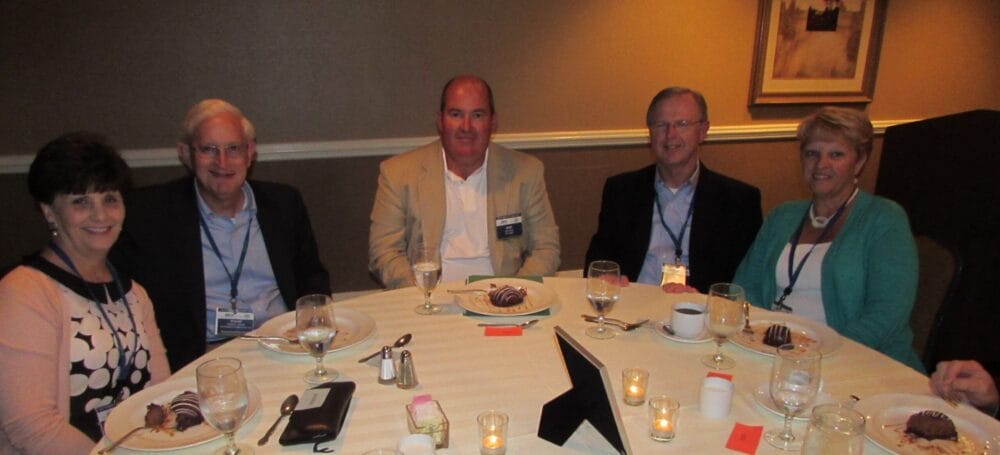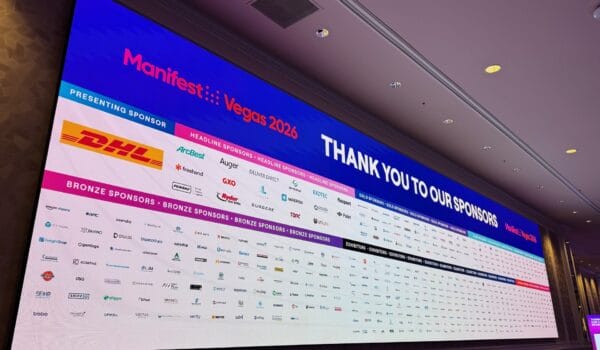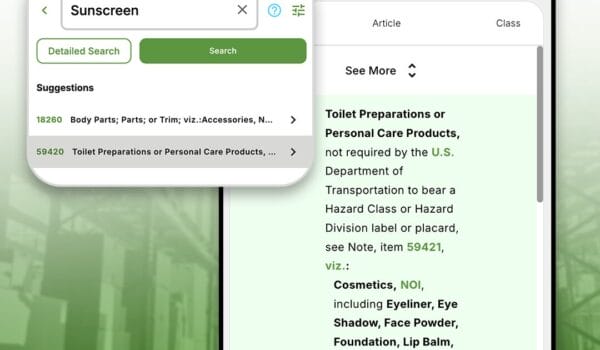In an industry known for constant change, high demands, and fierce competition, it’s rare to find someone who not only rises to meet the challenges, but does so with humility, curiosity, and a deep commitment to collaboration. Paul Dugent is one of those rare individuals.
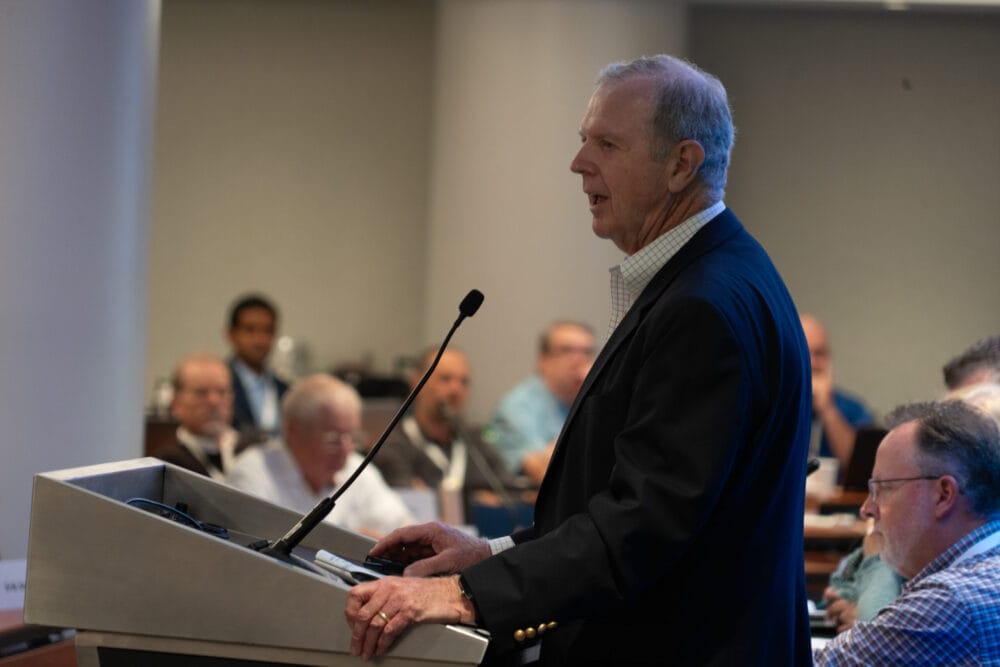
A tireless advocate for the less-than-truckload (LTL) sector, Dugent has spent his career not just doing the job—but transforming it. His entrepreneurial spirit, forward-thinking mindset, and willingness to bring people together have made a lasting mark on the industry he’s helped shape for decades.
As Dugent steps into retirement, we pause to celebrate a legacy defined by perseverance, innovation, and a selfless dedication to building a better, stronger LTL industry for us all.
A Career at the Forefront of Industry Change
Dugent has served as executive director of the Digital LTL Council since the National Motor Freight Traffic Association, Inc. (NMFTA)™ took it under its sponsorship in 2022. Under his leadership, the Council has driven the industry’s digital transformation, notably developing the Electronic Bill of Lading (eBOL) API Standard. This progress continues with seven additional operational application programming interface (API) standards and two new administrative API standards in development.
The goal? To streamline digitization while ensuring security and simplifying the process.
At 74, Dugent might seem like an unlikely champion of digitization. But his career—spanning decades at the forefront of industry evolution—has positioned him as a leader in technological advancements.
Dugent began his industry journey in 1990 as director of pricing at Richmond, Va.-based Estes Express Lines. Back then, Estes was a Southeast regional carrier with around $100 million in annual revenue. Today, it stands as becoming the nation’s largest privately owned LTL carrier, with revenues exceeding $5 billion.
Beyond leading pricing at Estes, Dugent represented both the company and the entire state of Virginia as a member of the NMFTA. Having a broader industry perspective on various trucking issues became critical around 2000 when regulatory changes stripped carriers of their antitrust protections in pricing.
“A lot of carriers didn’t make it through that, because they couldn’t make it in a competitive environment without pricing regulation,” said Dugent. “That was the most challenging part.”
Survival required mastering both pricing strategy and cost control—challenges Estes successfully navigated.
“We had a cohesive management team, headed by Rob Estes,” said Dugent. “We got along well, we worked well together, and Estes was known for having superior service in the region—and we continued that as we grew. It was a non-union, family organization and we opened up new territories as we went along.”
Leadership at NMFTA
Dugent remained involved with NMFTA, joining its board in 2004 and serving as chairman for a one-year term in 2013. He continued balancing his roles at both Estes and NMFTA until retiring from Estes in 2017 after 27 years with the company.
At 66, he relished the chance to step back, reflect on what he had given to trucking, and enjoy the next chapter of retired life.
But trucking had other ideas.
First, Estes asked him to stay on as a consultant, and to continue representing the company as its NMFTA representative. Two years later, NMFTA found itself with an unexpected vacancy in the position of executive director, and little time to fill it.
Dugent had a solution.
“I was still on the board representing Estes when the vacancy arose,” said Dugent. “The board was scrambling. Who could step in on such short notice? The board members are from all over the country. But with me being on the board since 2004, and being in Virginia, I offered to serve as executive director, and NMFTA accepted.”
The appointment was understood to be short-term. Dugent served for nine months while the board conducted the search that led to the selection of current Executive Director, Debbie Sparks.
With Sparks in place, Dugent could finally retire. Except . . .
The Digital LTL Council: Another Chapter
Around the same time Dugent served his brief tenure as NMFTA Executive Director, a consortium of carriers, shippers, and third-party logistics providers (3PLs) formed the Digital LTL Council, with the mission of accelerating the LTL industry’s advance into digitization. The group’s first ambitious undertaking was the establishment of the eBOL Standard. While they successfully developed it, adoption proved challenging without backing from an industry association.
Creating a new association would take at least a year, time the industry couldn’t afford.
Dugent proposed that NMFTA sponsor the Council, providing the structure and credibility needed to accelerate adoption. The idea took root and was formalized several months later during the Summer of 2022.
With this transition, Sparks had the ideal person in mind to serve as its Executive Director: Paul Dugent. Once again, retirement would have to wait.
“We put together a board and developed workshops around the APIs that were to be created, and that brings us to where we are now,” said Dugent. With the full API roadmap nearly complete, He now sees a clear path to retirement–set for July 2025.
A Lasting Legacy
Dugent’s impact on the industry will endure long after he steps away. The API standards he helped implement will help make the industry more accurate and efficient. Meanwhile, the connection to NMFTA will keep the Digital LTL Council in a strong position to advance its industry-wide digitization efforts.
Reflecting on his career, Dugent recalls another industry-defining shift: changes to freight classification after the loss of antitrust immunity.
“Before deregulation, carriers could set classifications collectively” said Dugent. “We had numerous panel discussions across the country where we would engage with the shipping public regarding classifications. But that all changed when we lost our antitrust immunity, and the organization was restructured so the staff would be the ones that actually created the classification.”
At the time, Transport Topics quoted Dugent infamously telling the industry to “be careful what you wish for,” because shippers lost much of their influence over the classification process. Now, with NMFTA engaging in “Classification Reimagined,” Dugent calls it the biggest change in LTL pricing since deregulation.
Dugent shared that currently, carriers are in a stronger position because they have invested in dimensioners, as well as people within their organizations to audit and determine when a shipper has not provided the proper classification based on density.
“The carriers are ready for this,” said Dugent. “The shippers still need to adapt, especially in getting dimensions accurately recorded off the dock and onto the bill of lading.”
However, Dugent commends NMFTA’s recent listening sessions on the classification changes, which help shippers understand and prepare for these changes.
With the industry progressing on both digitization and classification, Dugent feels confident stepping away.
What’s Next?
In retirement, Dugent looks forward to golfing and spending time with his three children and six grandchildren, all of whom live within 10 minutes of him.
“I might try some volunteer work like Habitat for Humanity or something of that nature,” said Dugent. “I’m not one to sit around and do nothing.”
And for that, Paul, the trucking industry thanks you.
